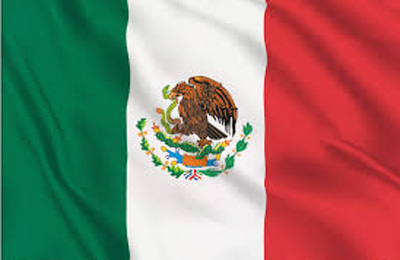Valley of Mexico
From the Archaic Period through the Post Classic Period the valley of Mexico has been occupied. There are some locations which date back to the Paleo-indian Period.
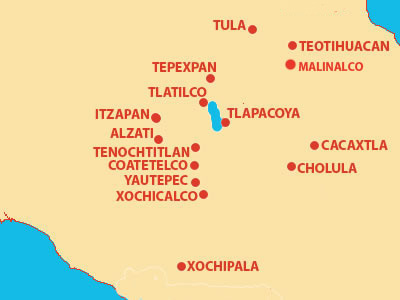
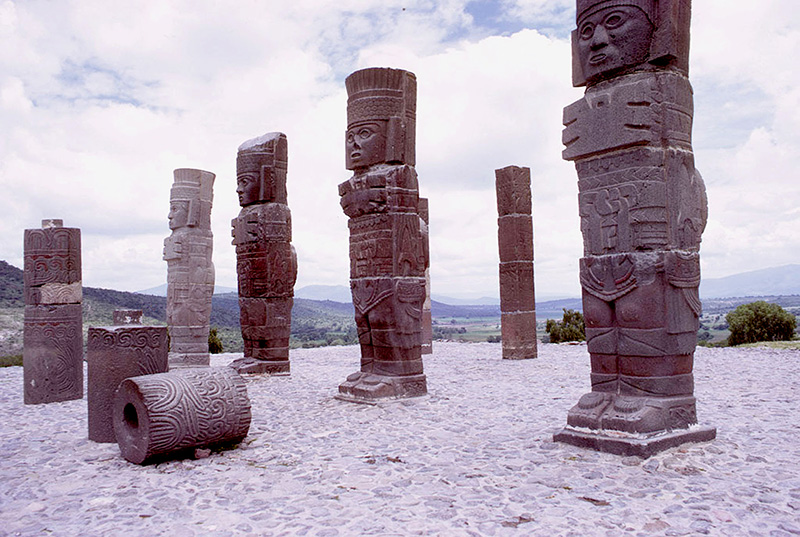
Tula The city rose to power after the collapse of Teotihuacan to take control of the basin of Mexico at approximately 968 C.E.
Learn More
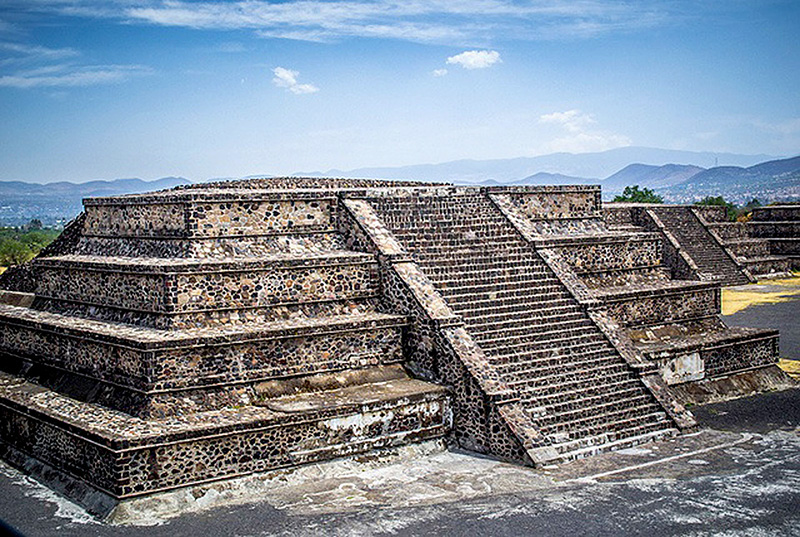
Teotihuacan the archaeological site is located in what is now San Juan Teotihuacan municipality in the State of Mexico.
Learn More
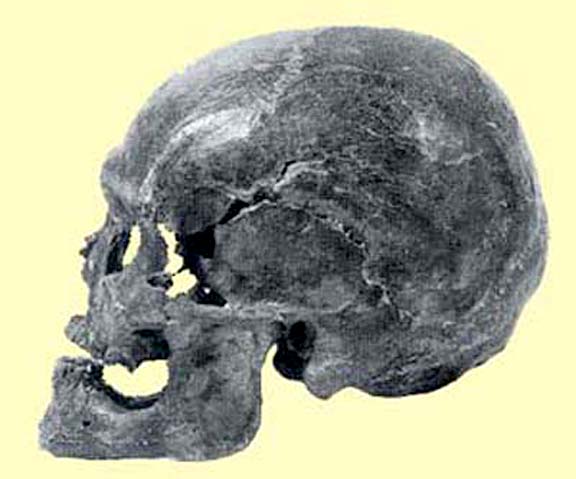
Tepexpan is known for the 'Tepexpan Man' a human skeleton of a woman buried face down with her knees bent under
Learn More
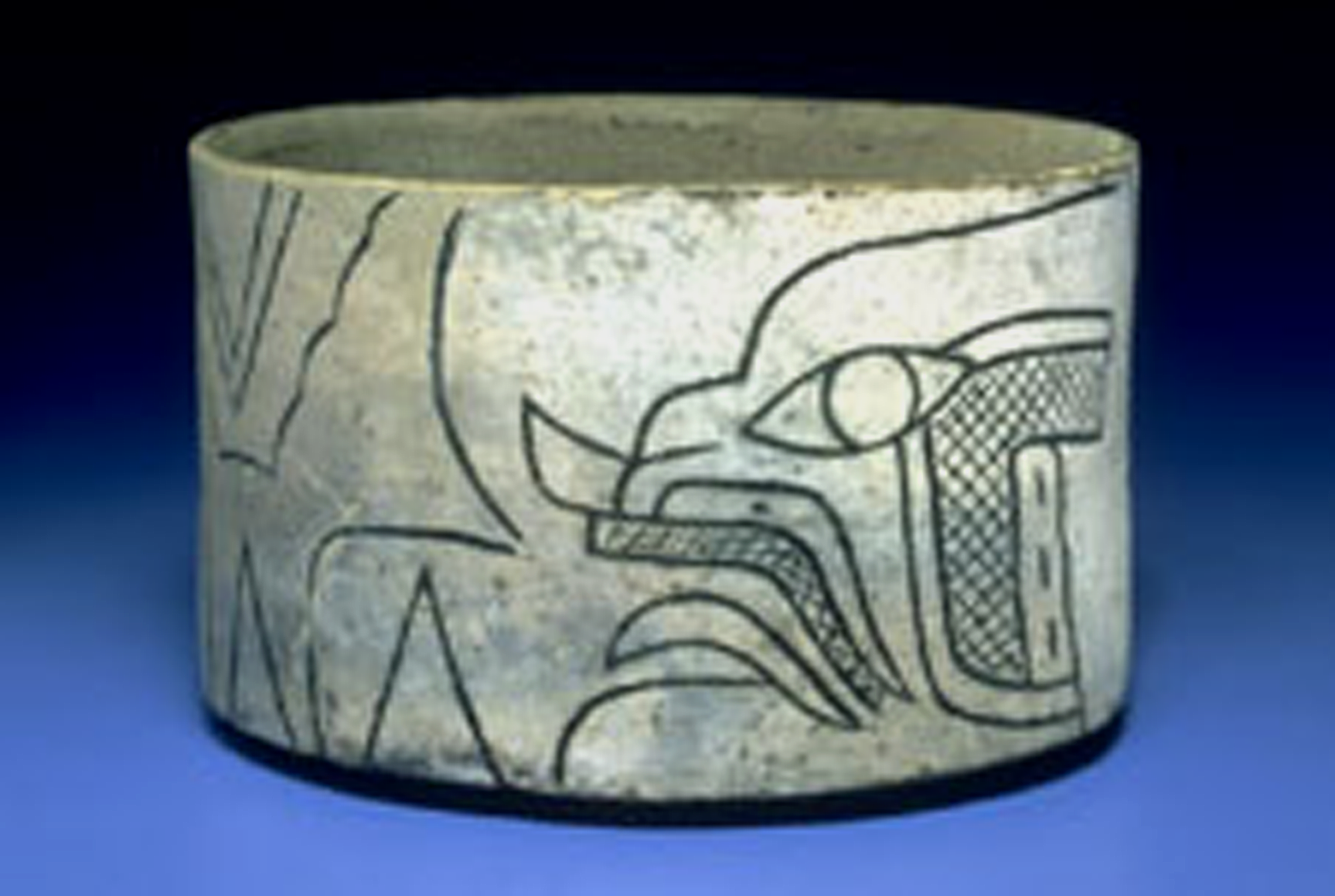
Tlapacoya is an important archaeological site in Mexico, located at the foot of the Tlapacoya volcano, southeast of
Learn More
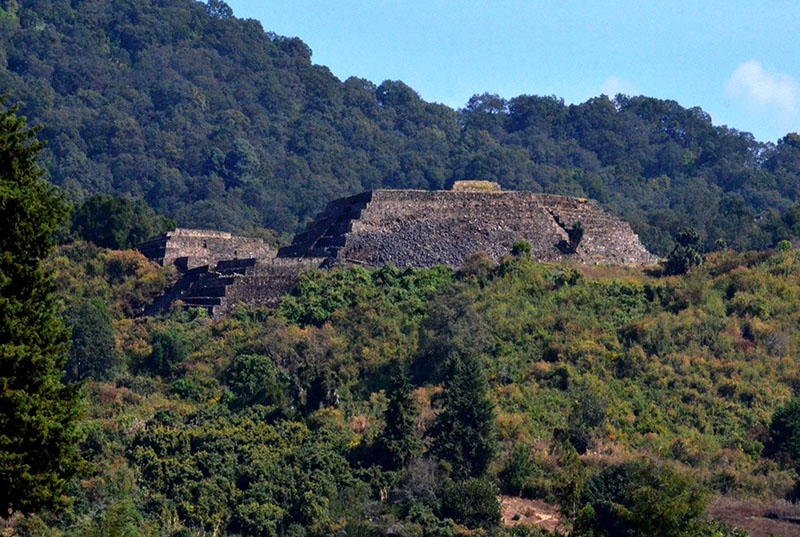
Alzati The pre-Hispanic name of this place is not known; during the colonial time it was called San Felipe Calvario and in
Learn More
In AD 1325 the wandering Mexica tribe known to us as the Aztecs founded their great city of Tenochtitlán. According to legend,
Learn More
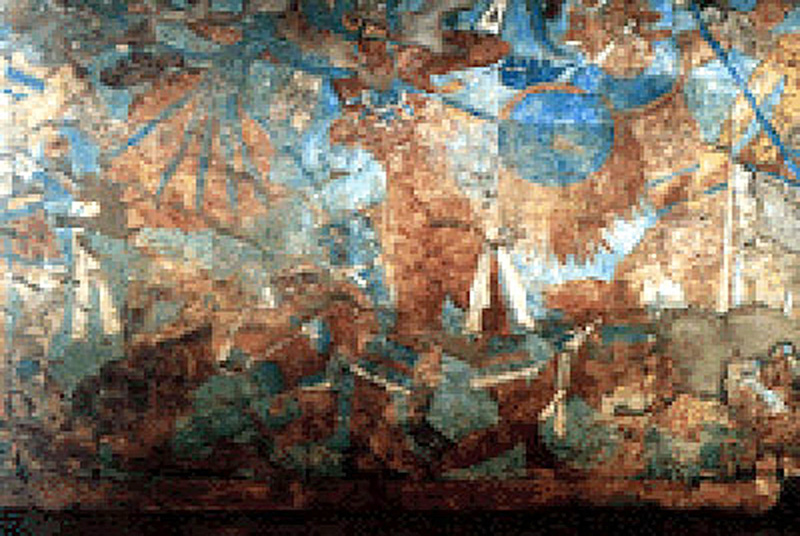
The people who lived in Cacaxtla during this time were a mixed people olmeca-xicalanca, also known as "late olmecas".
Learn More
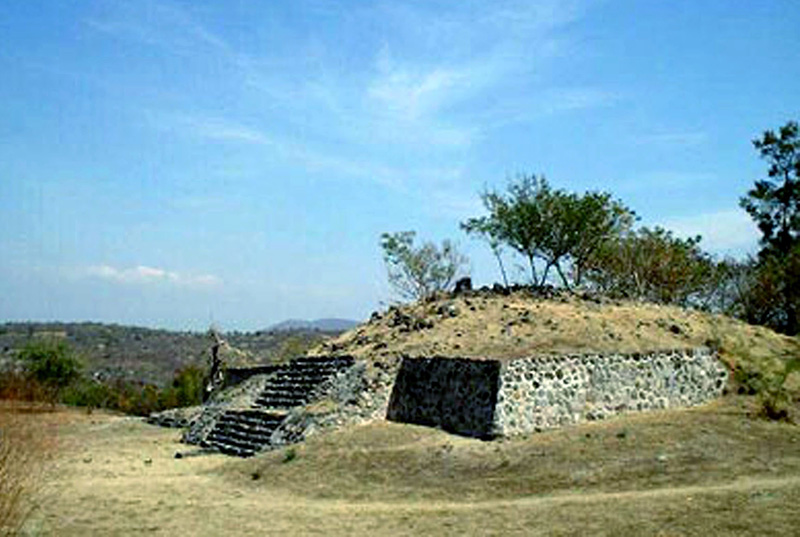
Located in the modern town of the same name in western Morelos. Coatetelco was a medium-sized urban site in the Late Aztec
Learn More
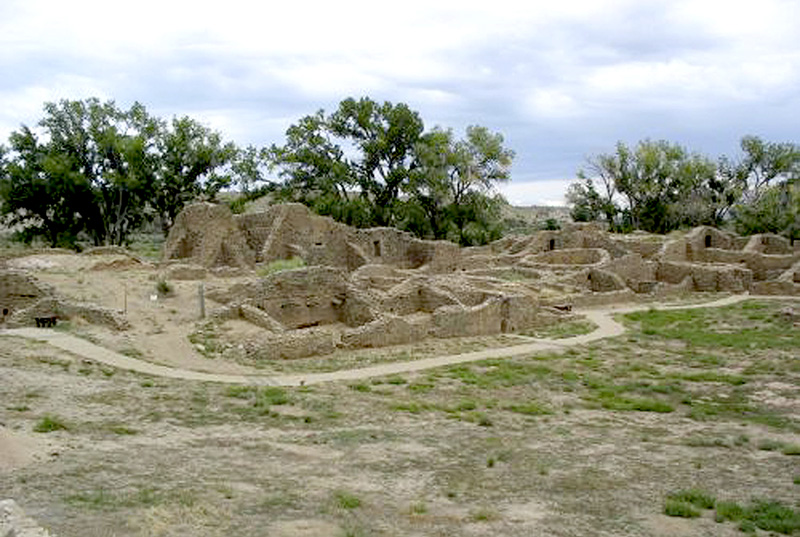
The Yautepec palace is the only Aztec royal palace to be extensively excavated by archaeologists. It is a large mound (nearly
Learn More
The most important center of the Mexican highlands after the fall of Teotihuacan was Cholula, near the twin volcanic peaks
Learn More
Iztapan (Santa Isabel Iztapan) is the location of two imperial mammoth (Mammuthus imperator) finds, one in 1952 and
Learn More
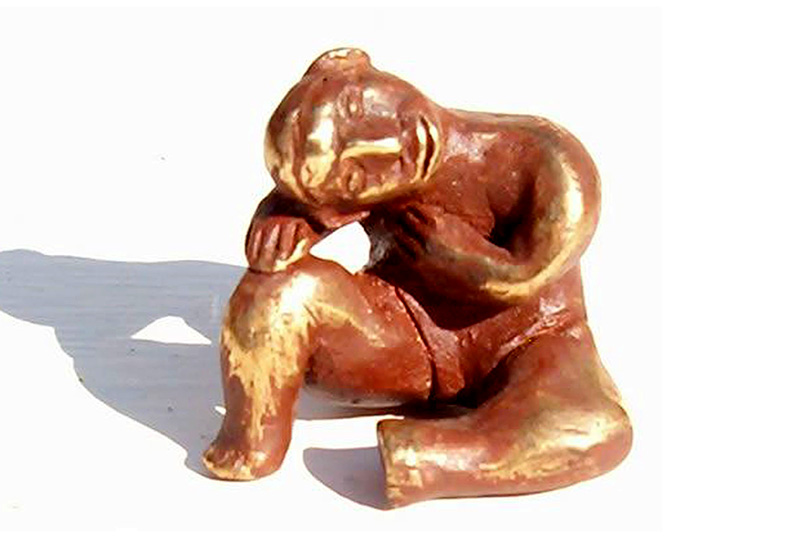
Tlatilco was a large pre-Columbian village in the Valley of Mexico situated near the modern-day town of the same name in the
Learn More
Xochicalco (Nahuatl pronunciation: jotjikalko) is a pre-Columbian archaeological site in Miacatlam
Learn More

Xochipala The archaeological zone is in the semi-arid and mountainous region in the center of the state of Guerrero. The
Learn More

Around 1486, probably on the ascendancy of the Aztec leader Ahuizotl, work commenced on the site above Malinalco. It is believed that it
Learn More
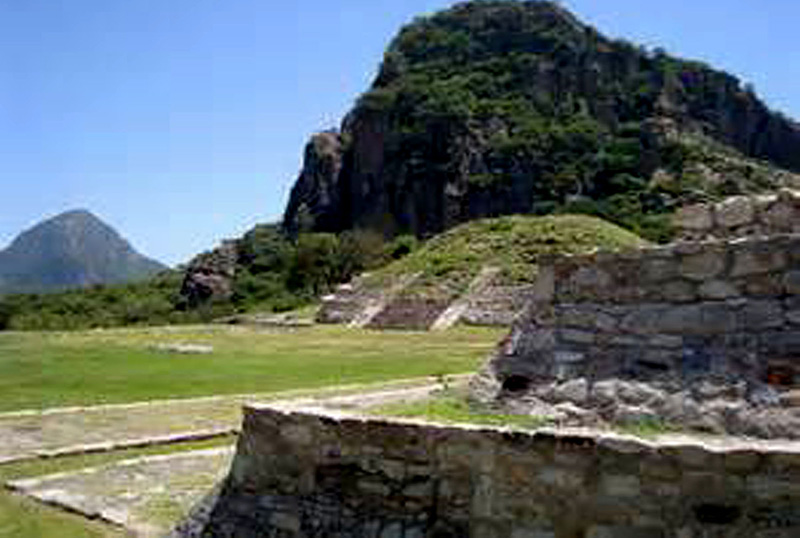
Chalcatzingo is a Mesoamerican archaeological site in the Valley of Morelos dating from the Formative Period of Mesoamerican chronology. The site is well-known for its extensive array of Olmec-style monumental art and iconography.
Learn More

